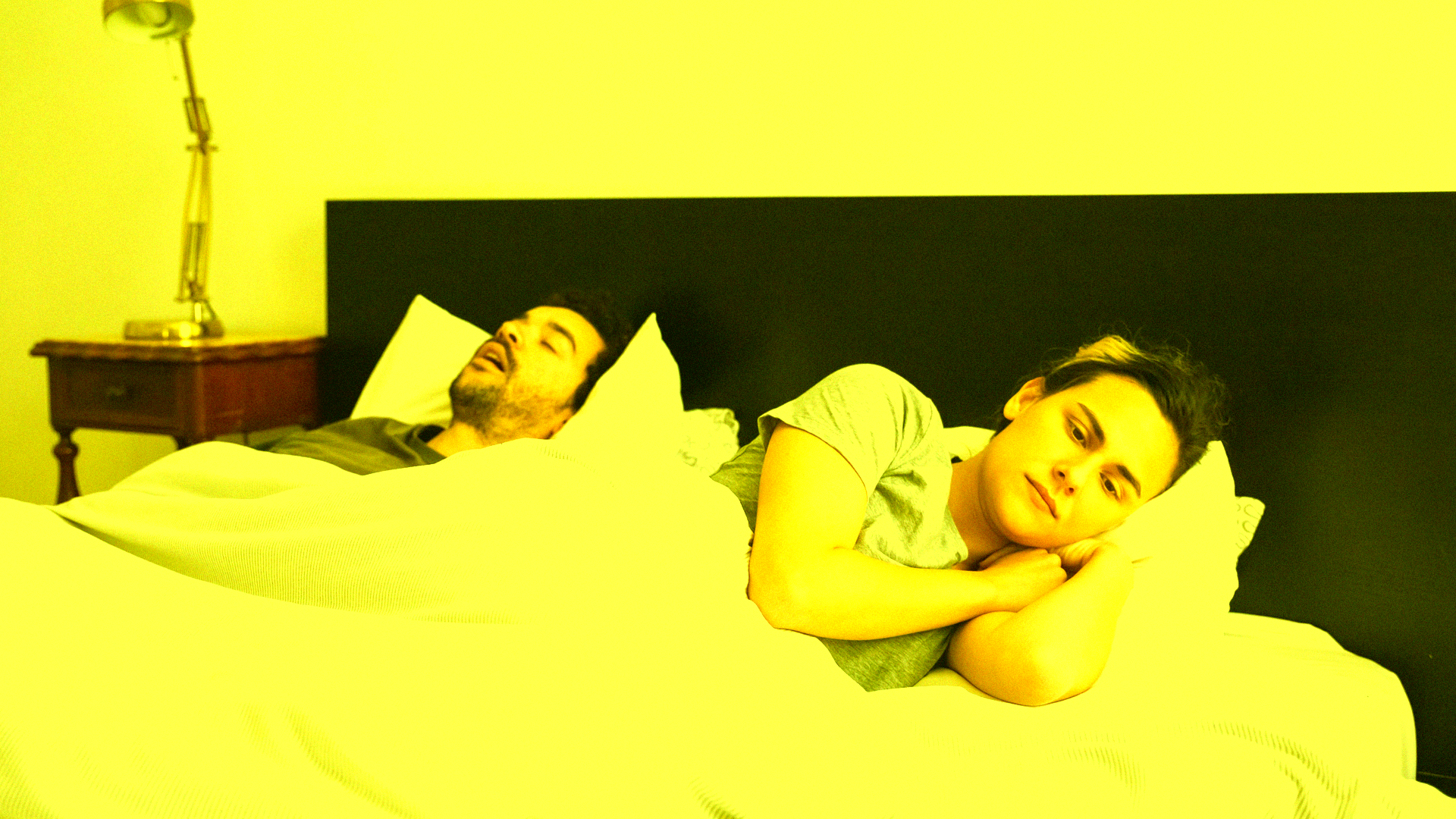Is the decline in casual sex among Gen Z a sign of conservatism, or are young people simply seeking deeper connections?
In the latest attempt to paint young people as far more wholesome (and dare I say boring) than their predecessors, a new report by The Times claims Gen Z are swiping left on one-night stands.
That’s right. Today’s young adults are engaging in less casual sex than ever before. But is this a return to conservative values, or a means of embracing less traditional routes to intimacy?
It seems that only 22% of young women are commonly having one-night stands, compared with 74% two decades ago. That’s a pretty significant shift. But it isn’t necessarily the result of prudishness. Gen Z is investing less time in the bedroom and more time in friendships, personal growth, and wellness.
Speaking from experience, Blaise Cloran notes that today’s young women want to invest ‘more time in female friendships than romantic ones.’ Paired with a focus on health, Gen Z are leaving the familiar dating scene in the dust.
Many of us are drinking less alcohol than older generations, and 21% are abstaining altogether. This decline in liquid courage could be an explanation for the reduction in spontaneous hookups, while alternative social scenes are providing new ways to meet people without the haze of alcohol. It’s no secret that run clubs, for example, have become hot spots for finding a romantic partner.
This shift echoes a return to more traditional views on marriage and relationships.
Of the more than 1000 participants surveyed by The Times, (aged between 18 and 27), only a fifth of gen-z believe marriage to be ‘irrelevant’, while a third thought it better for a couple to be married before having children.
gen z has less sex because going out to have casual sex with strangers in a world where instagram reels league of legends discord screenshare and gooning exists is insane behavior
— tristan (@Lispy_Dipshit) March 16, 2024
One of the most stark generational shifts was displayed by the statistic that only 16% of respondents said they commonly had sex without a condom outside of a long-term relationship, compared with 52% of millennials who said they did 20 years ago.
But that doesn’t necessarily mean Gen Z are more conservative when it comes to intimacy.
While young people may eschew casual sex, many of us hold progressive views on various social issues, from trans rights to questions of gender identity.
More than half of young people surveyed said that transgender women should be allowed to use women’s toilets, and more than 60% said schools should allow children to adopt a name, pronouns and clothing that aligned with their gender identity.




















